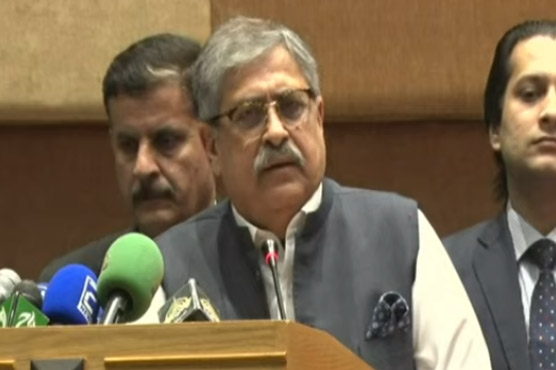ISLAMABAD – Justice Athar Minallah of the Supreme Court (SC) emphasized the need to learn from the past, saying that if the freedom of expression had been recognized, the country would not have witnessed dictatorship or leaders facing execution.
Justice Athar Minallah remarked that half of Pakistan’s history was marred by dictatorship, and freedom of expression was impossible under a dictatorship. He acknowledged the vital role the journalists played in promoting freedom of expression.
He said he learnt a lot from the court reporters.
Justice Minallah made these remarks while addressing a seminar in the federal capital on Saturday.
He recounted that when he became a judge, the first case involved bail, emphasizing that as judges, they could not hide anything.
“The judges should be free, and criticism should not affect them. If a judge succumbs to criticism, he will take an oath against the Constitution,” said Justice Athar Minallah.
He stressed that the influence of social media should not affect judges. As judges, they are public property, and truth reveals itself over time. They should question themselves about their direction and aspirations.
Justice Athar Minallah stated that freedom of expression is a significant thing that should not be suppressed.
“The states cannot control freedom of expression; different images were shown to the people of West Pakistan in 1971. Everyone knew the truth for 75 years, but it was suppressed, and we ended up suppressing the truth,” he added.
He highlighted that criticism on the judiciary falls into two categories: one is criticism when allegations are made that informed decisions are being made, and the other is criticism where he does not like why relief was granted.
The top court judge said that every person could criticize, but they should also trust the judiciary.
Justice Athar Minallah also stated that they need to learn from the past, adding that the solution lies in practicing the constitution, and by adhering to it, we can become a great nation.










